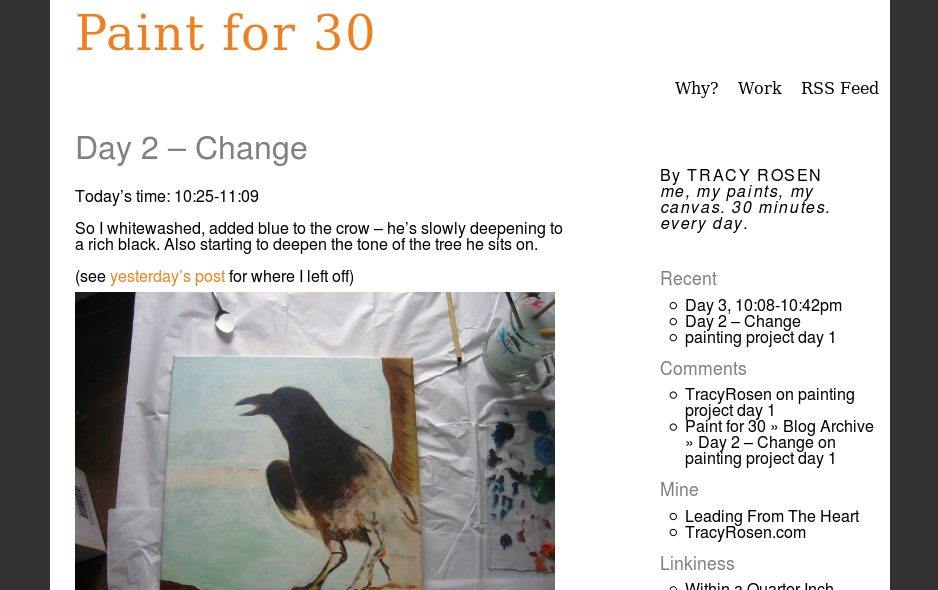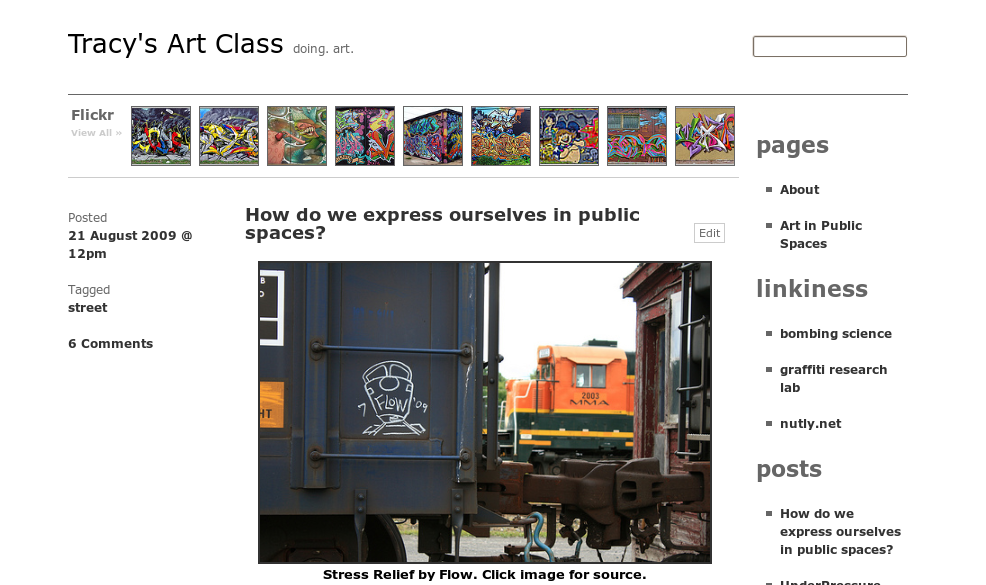You know, I used to think this. I used to think that as long as we taught the right tools our kids would be able to use them anywhere. They’d just plug in the right content and be done with it. It was the process that they needed to learn. Who cared about all that stuff we’re learning about, all that content-y stuff. That was irrelevant. As a teacher I thought I could teach just about anything – I was focusing on process so it didn’t matter how well I knew the content.
But you know what? Experience is shifting that view. I’ve been teaching for 13 years now and am constantly working at different levels, teaching different subjects, mainly to kids who learn in alternative ways. Last year was the first time I taught attempted to teach Grade 10 Math. Ditto for Grade 11 Economics. Math, I gave up on. After the first term I switched with another teacher who was perfectly happy not having to grade the English essays I traded for it.
The thing is I was so unfamiliar with the content that I could not merge it with process. I know how to teach/model different ways to help kids think, to help them think together and to visualize it both personally and within a community. That’s one of the reasons why I offered to teach this class. Last year was the first year of Quebec reform in Grade 10. Reform is competency-based learning and is very much centered around methodology and student-centered learning processes. My instinct was to focus on process and just plug in the content as I go.
What a disservice to the students and what a frustration for me. I felt highly incompetent as a teacher. Though I know process, I had almost no idea what to do with it in the face of the content I was teaching myself as I went, just keeping a step or two ahead of the students. How could I possibly challenge the students who already knew the stuff or who got it right away? I spent much more time on classroom management in that class than in others. Even with the same group of students once I started teaching them English.
Courses like English and Ethics, or History. Those I could do. I know those courses very well. I was able to use collaborative learning methodologies because I could keep a finger on the heart beat of what we were learning as we were going through the process of learning. I could helicopter back and forth from process to content very easily – say, from organization of an analysis (be it on paper or in some kind of a multimedia format) to using appropriate terminology as they analyzed different text.
That’s from the teaching perspective. I also could feel the confidence of my students in me grow. They know when you don’t know your stuff. It is a disservice to be a teacher and to not know your content intimately. I don’t just mean knowing it, I mean knowing it.
So – a year ago I never thought I would say this but I am now – we can not allow process to trump content. Ok, it’s a momentous occasion, I’ll say it again.
We can not allow process to trump content.
They both need to be there. The problem is that for a long time (and still, in some places, ok, maybe many places) content has been allowed to trump process. Education has a long history of teachers shoveling content down the brains of their students using whatever process worked for them. One.
I think that in order to counterbalance that history some people are bending too far in the direction of process/methodology (what we call cross-curricular competencies in Quebec) and are forgetting the important role that content does play in the classroom, in teacher education, in teacher placement, in learning.



